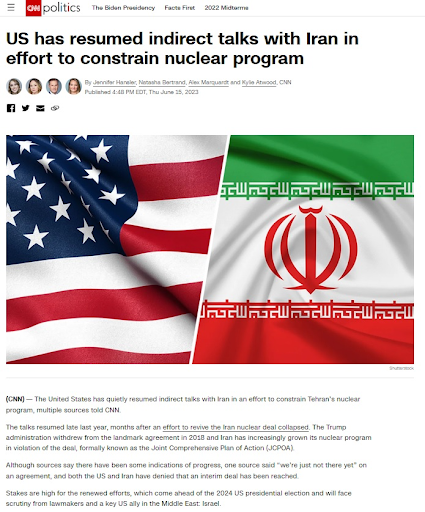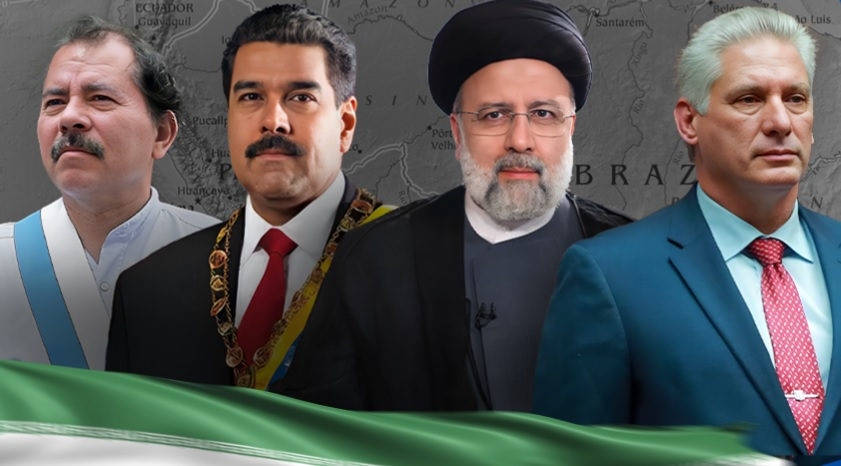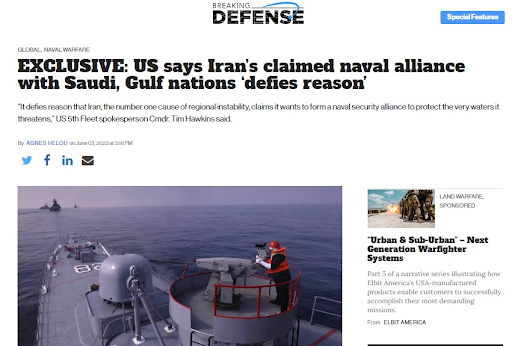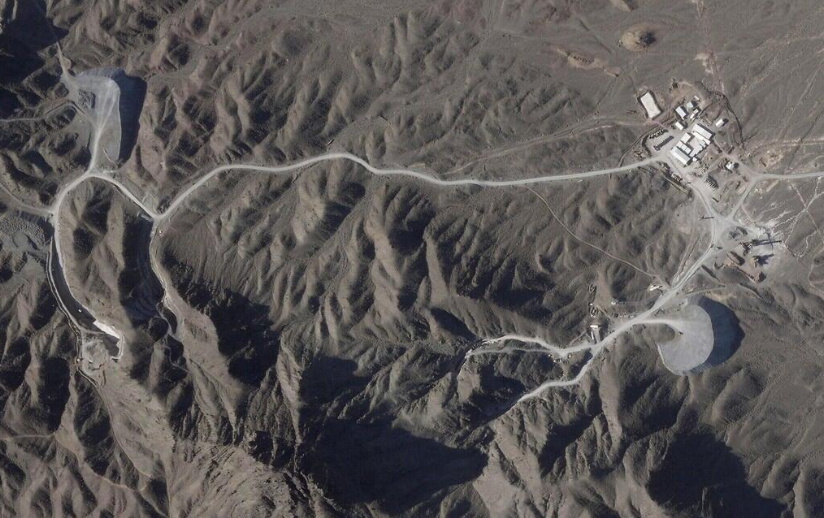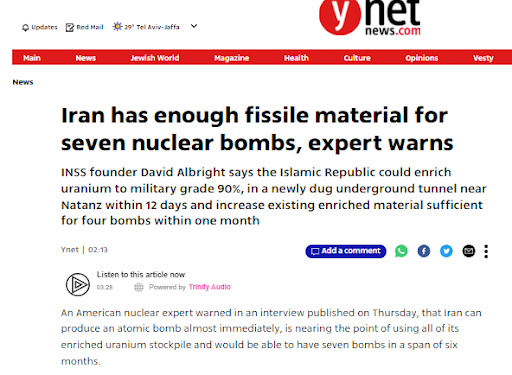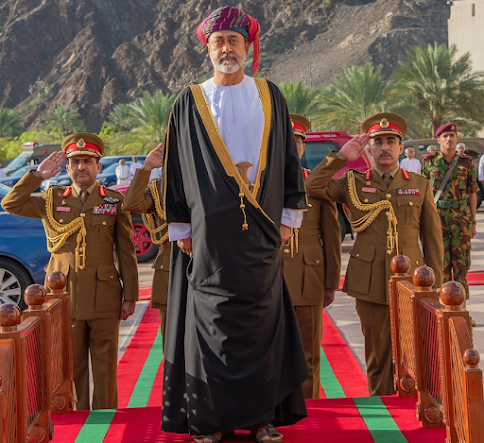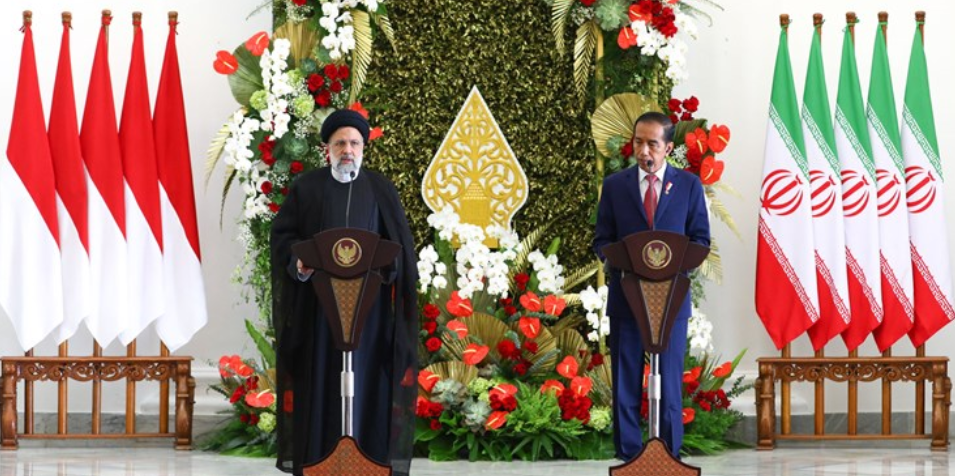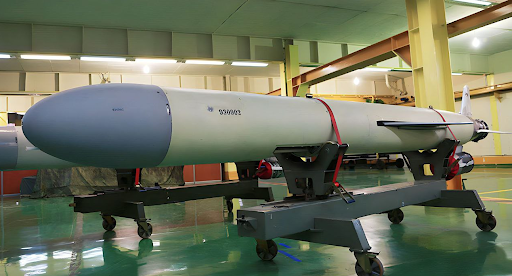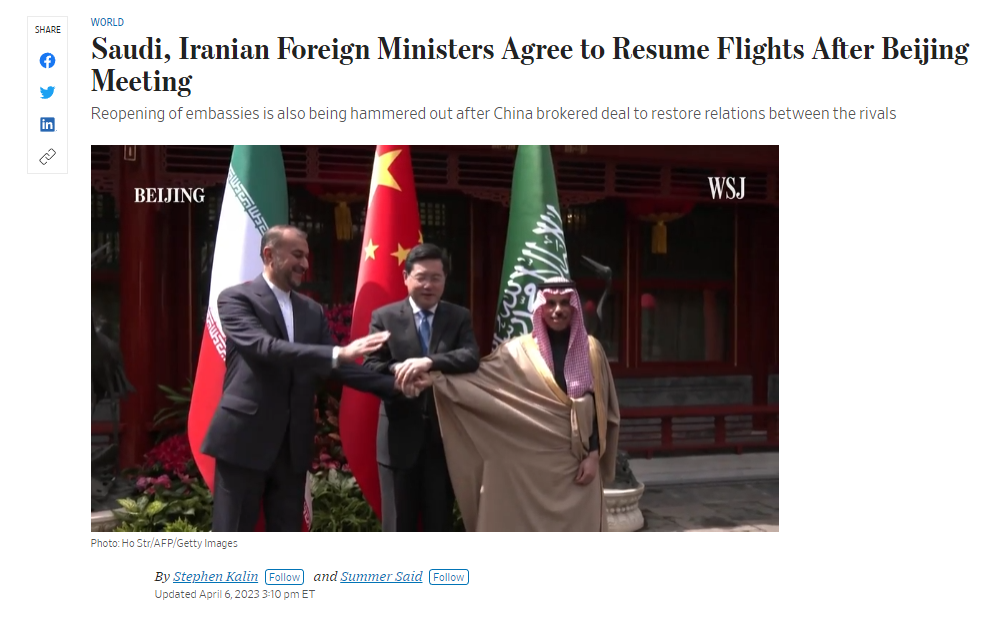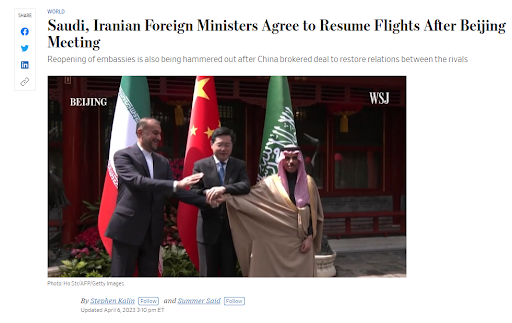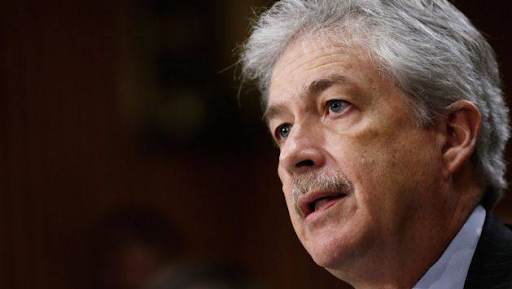
Iran's new missile: "Abu Mahdi", the first Iranian long-range cruise missile that uses artificial intelligence
The missile was named after Abu Mahdi al-Muhandis, deputy head of the Iraqi Popular Mobilization Forces, who was assassinated by the United States in early 2020, accompanied by Qassem Soleimani, the commander of the Quds Force of the Iranian Revolutionary Guards, on the road to Baghdad airport.
It is a generation of Iranian ground-based cruise missiles such as the "Sumar" and "Hoveizeh", which have a range of 1,350 km. It is also an advanced version of cruise missiles owned by the Iranian Navy, with a range of 15 to 350 kilometers, including "Kawthar", "Zafar", "Qadir", "Raad" and "Naseer".Production history
In June 2020, the former commander of the Iranian Army Navy, Amir Khanzadi, revealed that his country had produced a long-range naval missile, which he called "Talaiya". But Iran changed its name on August 20 of the same year to "Abu Mahdi," and it was revealed that day during a military parade on the occasion of Iran's Defense Industry Day, in which the Ministry of Defense displayed a model of the missile with the word "paint" engraved on it.

Ashtiani described the "Abu Mahdi" missile as "pointed, strategic and unique in its characteristics, and has no equal in overcoming the enemy's defense systems and completely destroying enemy ships, frigates and destroyers."
Technical Specifications
- Range: more than a thousand kilometers.
- Flight: at a low altitude with the help of radar altimeters, which complicates the interception process.
- Fuel: The fuel of the first engine is solid and the fuel of the second engine (jet) is liquid.
- Diameter: 55 centimeters.
- Number of wings: 9 rectangular wings with a circular head, four of which are clipped and fixed in the sacrum, and another 3 are at the end of the missile body, and two are in the middle of the main structure.
Tactical features
The most prominent tactical features mentioned by Iranian military leaders about the "Abi Mahdi" cruise missile were:
- The use of artificial intelligence in the flight path design, command and control program.
- Using the dual radar seeker technology to counter electronic warfare and stealth when approaching the target.
- The use of explosives with high destructive power in the warhead.
- The use of integrated and advanced navigation systems makes finding the launchers a difficult task for the enemy before launching the missile.
- The ability to choose different ways to fly towards the target and attack it from different directions after turning around.
- It is equipped with a "Tulu" jet engine, which has proven its usefulness in Karrar drones and cruise missiles of the "Nour", "Qader" and "Qadir" generation.
- Equipped with a radar active homing head.
- Overcoming enemy radars and passing through other natural and artificial obstacles.
- Launching from all fixed and mobile platforms from the coast, and by submarines and naval battleships.
- Preparation and launch in a very short time, maximum operating speed and quick reaction.
- Several missiles can be launched from different directions towards a target and hit it simultaneously.
- Capable of updating target final position in flight and managing target selection in the field.
- The ability to change course and flight altitude according to the complexities of geography and enemy air systems.
- High controllability.
- The possibility of increasing the missile's range to distances of more than 1,000 km.




